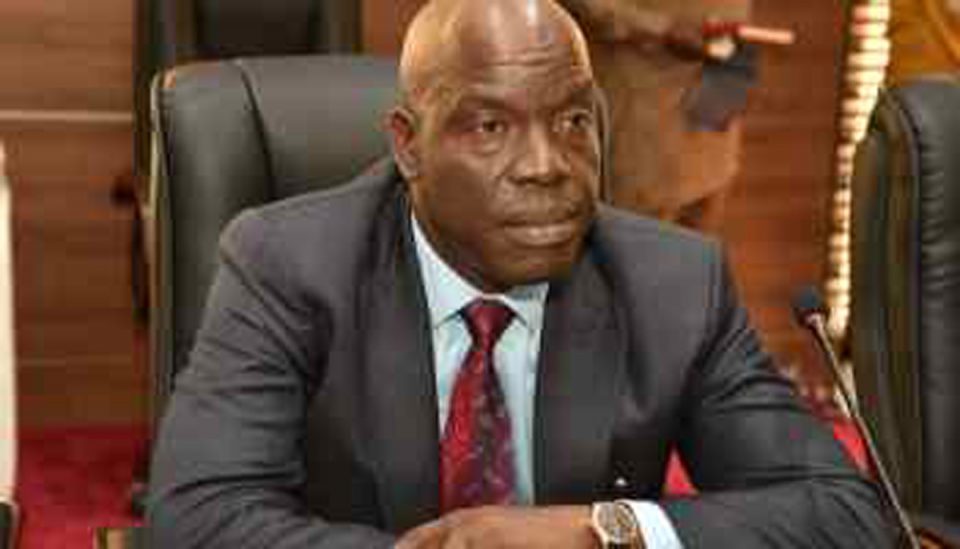As Nigeria’s production volume continues to decline due to lingering technical challenges and theft, the Federal Government has rallied upstream operators on the need to increase investment and embrace the use of artificial intelligence, virtual and machine learning in exploration and production.
According to the Nigerian Upstream Petroleum Regulatory Commission (NUPRC), the industry is plagued by investor skepticism, high-level competition, climate change and clamor for a clean environment, thus necessitating a paradigm shift in the exploration and production value chain, to stay afloat.
Nigeria’s production in the last few months has been below budgetary benchmark dropping to 1.37 million barrels a day in October, 261,000 bpd below its OPEC+ quota.
The latest monthly report of the Organisation of Petroleum Exporting Countries (OPEC) also showed that Nigeria’s rig count slumped to nine from 11.
The Chief Executive Officer, NUPRC, Gbenga Komolafe, at the ongoing Nigerian Association of Petroleum Explorationists (NAPE) 2021 conference yesterday, in Lagos, noted that oil production in Nigeria had declined to an average of 1.6 million barrels per day in 2021.
He said this decline in production could be attributed to theft, insecurity, aging facilities, decline in exploration and production enhancement initiatives.
“As the upstream technical and commercial regulator, we are committed to addressing these issues to increase our reserves to 40 billion barrels and raise our production to three million barrels per day by initiating Public Private Partnerships (PPP) involving the security agencies, private operators and other stakeholders to address the challenging issues of crude oil theft, sabotage and pipeline vandalism.
“Collaborative efforts between operators, communities and the deployment of state-of-the-art technology to monitor pipelines in remote areas is on course.
“Already, as a commission, we have commenced consultation with relevant stakeholders toward the achievement of these objectives,” Komolafe said.
He said a more aggressive policy on routine Asset Integrity Management to curb crude leakages and spills caused by aging facilities would be adopted.
“An initiative to reduce the cost of production while also benchmarking cost across terrain is ongoing.
“We are making provisions to incentivise drilling targets at deeper horizons and to also provide guidelines to ensure seismic acquisition design to image deep plays.
“Attractive incentive is being made to encourage multi-client and speculative data companies to acquire state-of-the-art data in open acreage to facilitate exploration activities,” Komolafe said.
He said the enactment of the Petroleum Industry Act would effectively stimulate necessary investments in the industry, improve investor confidence and address major community issues.
Komolafe said the commission, as a 21st century regulator, was positioned to provide initiatives aimed at entrenching transparency, efficiency and accountability.
Earlier, Mrs Patricia Ochogbu, President, NAPE, said oil and gas would remain relevant in the energy mix both now and in the foreseeable future as the world gears toward energy transition.
Ochogbu, however, noted that Africa and particularly Nigeria, needs more of safe and clean energy due to its attendant benefits. She said explorationists must focus on deploying new technologies that would reduce carbon emissions in exploration activities and optimise the nation’s oil and gas resources.




